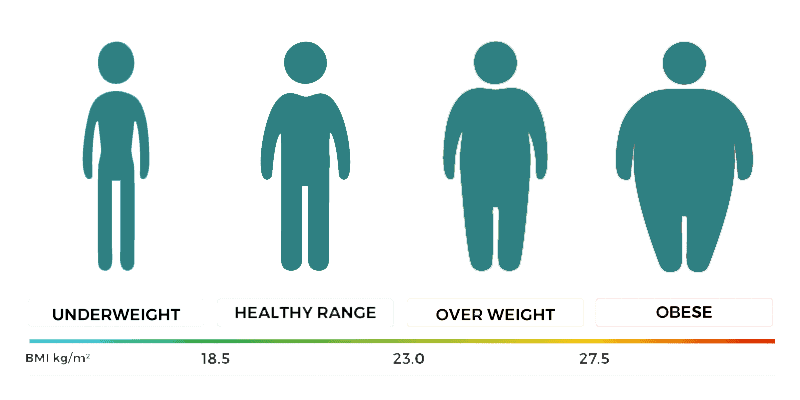MICRONUTRIENT
Micronutrients are dietary components, often referred to as vitamins and minerals. These components are extremely necessary for our bodies. Although they are required in minute amounts, their availability is vital to body development, disease prevention, and overall wellbeing. A deficiency or excess may lead to deleterious effects.
Since the introduction of synthetic vitamins into food, high vitamin intake is very common during a person’s lifespan from conception through to old age.
Iron, iodine, vitamin A, folate, copper, vitamin B1, B6, B12 and zinc are some essential micronutrients. These micronutrients are not produced in the body and must be obtained from an external source as in diet or pills.
Deficiencies in micronutrients such can have devastating consequences. According to the CDC, at least half of children worldwide ages 6 months to 5 years suffer from one or more micronutrient deficiency, and globally more than 2 billion people are affected.
Obese individuals have lower blood concentrations of some vitamins and minerals compared to non-obese individual.
The relationship between micronutrients and obesity might be affected by leptin, an adipokine associated with satiety. Vitamin C, for example, has been shown to inhibit leptin secretion and other glucose/lipid metabolic pathways, such as inhibiting glucose uptake and reducing glycerol release in animal models
More discussion on:
- Iron
- Iodine
- Vitamin A
- Zinc
- Vitamin C
- Vitamin D
- Folate and Folic acid





